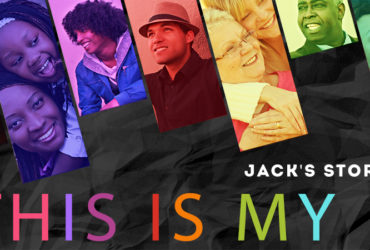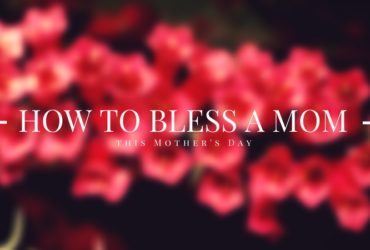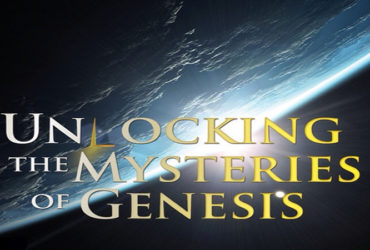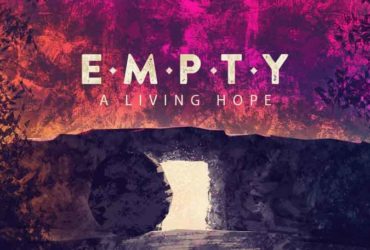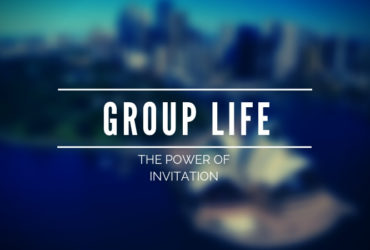When I was growing up, my family made a big deal about getting all of the grandparents, aunts, uncles, and cousins together to celebrate everything from Christmas to New Year’s Eve to birthdays. Easter was no exception. After wearing our brand-new Easter clothes to church Easter morning, we would all head over for lunch at Uncle Adrian’s house followed by the best Easter egg hunt ever.
Grandpa would put $50 in one plastic egg and wrap it in silver foil and $100 in another plastic egg and wrap it in gold foil. Then he would hide them among hundreds of other candy-filled plastic eggs. The trick, of course, would be finding the coveted silver and golden eggs before anyone else. The problem was, grandpa usually hid those eggs so well you would need a metal detector and a shovel to find them. This search covered over an acre of both cleared and wooded property. He would even hide them in the pool occasionally (this was in Florida so the water wasn’t that cold – brrr).
As a child, Easter for me represented family, church, fun and candy. Oh, the candy! Did you know that U.S. candy makers produce some 90 million chocolate bunnies and 16 billion jelly beans for Easter each year? I never understood why we received chocolate bunnies, but I didn’t care. They were cute and tasted good .
As I think about celebrating the Hope of Easter this year, I was curious about why it’s called Easter. I mean, the word Easter isn’t even in the Bible. No one knows for certain when people began observing the resurrection of Jesus Christ as a holiday, although some evidence points to the second century or earlier.
The English word Easter can be traced back to the Greek word Pascha, which is derived from the Hebrew term pesach, meaning “Passover”. The Passover Festival was established in the Old Testament in Exodus 12 as an annual celebration of Israel’s deliverance from Egyptian slavery.
In Exodus 7-11, Moses tells of the ten plagues inflicted by God upon Pharaoh and Egypt who held His chosen people captive as slaves for 400 years. The first Passover coincided with the last of the ten plagues, the death of every firstborn male in Egypt. For Israel to avoid this terrible judgment, God required a blood sacrifice. Every Israelite family were to select an unblemished one-year-old male lamb and care for it in their homes for 14 days. I can imagine how much they would have grown attached to their new pet. On the 14th day, they were to slaughter the sacrificial lambs taking some blood and putting it on the sides and tops of the door frames of the houses where they were to eat the roasted lambs. Later that night, as God brought justice upon Egypt, He saw the Lamb’s blood on each Hebrew dwelling and withheld judgment, passing over those houses in mercy. Ultimately, the festival foreshadowed God’s Son, Jesus Christ, and His sacrifice on the cross for the sins of mankind.
Both the Old and New Testaments make it clear that Christ was the perfect fulfillment of the Old Testament sacrificial system that God gave His people on Mount Sinai.
- “He was oppressed and He was afflicted, Yet He did not open His mouth; Like a lamb that is led to slaughter, And like a sheep that is silent before its shearers, So He did not open His mouth.” Isaiah 53:7 NASB
- “The next day he saw Jesus coming to him and said, “Behold, the Lamb of God who takes away the sin of the world!” John 1:29 NASB
- “Clean out the old leaven so that you may be a new lump, just as you are in fact unleavened. For Christ our Passover also has been sacrificed.” 1 Corinthians 5:7 NASB
- “Knowing that you were not redeemed with perishable things like silver or gold from your futile way of life inherited from your forefathers, but with precious blood, as of a lamb unblemished and spotless, the blood of Christ.” 1 Peter 1:18-19 NASB
That the Messiah was crucified during Passover week (John 19:14) was no accident. Jesus was making a powerful statement in revealing Himself as the perfect fulfillment of the Old Testament Law.
After the early church started, following the Day of Pentecost (Acts 2), the first Christians started gathering together for weekly worship services on Sundays, or “the Lord’s Day” (Revelation 1:10), to honor the day on which the resurrection occurred. Eventually, believers started commemorating Christ’s triumph over death with an annual festival we now call Easter.
For true followers of Christ, what’s most important about Easter is not its origins, traditions, or even the very institution itself, but rather the glorious truth that it celebrates. The Son of God is alive, and His victory over death provides eternal, life-changing hope!
The resurrection changed everything, and gives us hope and peace even today. Celebrate with us on Easter Sunday at EASTWOOD TULSA at 10:45 am.




